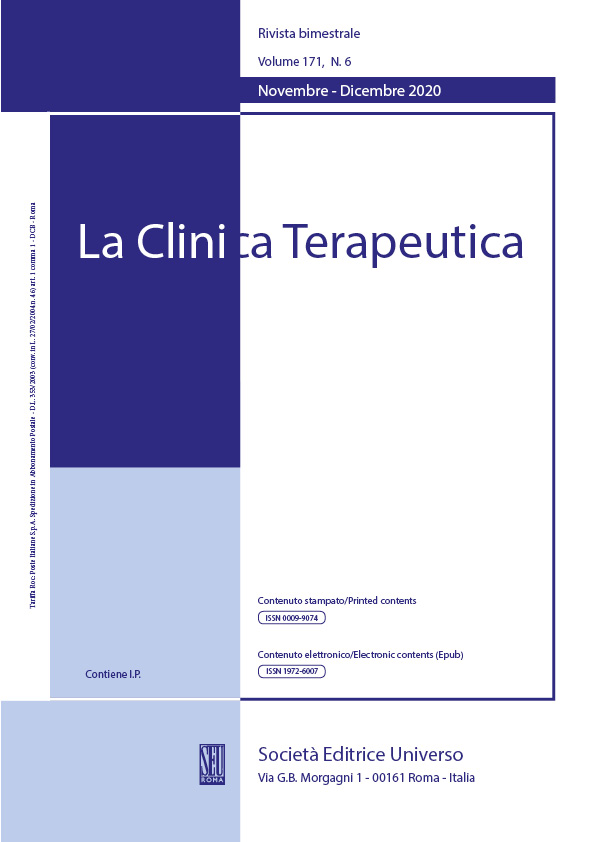Abstract
The level of recognition that transgender individuals (i.e. those whose gender does not match the sex assigned at birth) enjoy in our societies has certainly made giant strides. Still, there is no denying that the far-reaching ramifications arising from choices about one’s gender expression do affect vital aspects of identity in school, workplaces, and the community, and should be clearly defined and addressed by laws and policies. One of the arguments most commonly used by supporters of transgender rights relies on the concept of inalienable human rights, including the rights to live safely, freely, and without fearing discrimination. The authors have set out to succinctly outline and elaborate on the dynamics that have been shaping the legal recognition of transgender individuals in light of the unique legal, social and ethical complexities that such an evolution entails.
Moreover, as assisted reproduction technologies make considerable progress and innovations open up new horizons for fertility preservation and restoration, it is worth exploring how such advance can play a role in upholding the reproductive rights of transgender patients who wish to achieve parenthood, and how counseling ought to be implemented taking into account the psychological traits of transgender patients and the implications of every choice they make.
